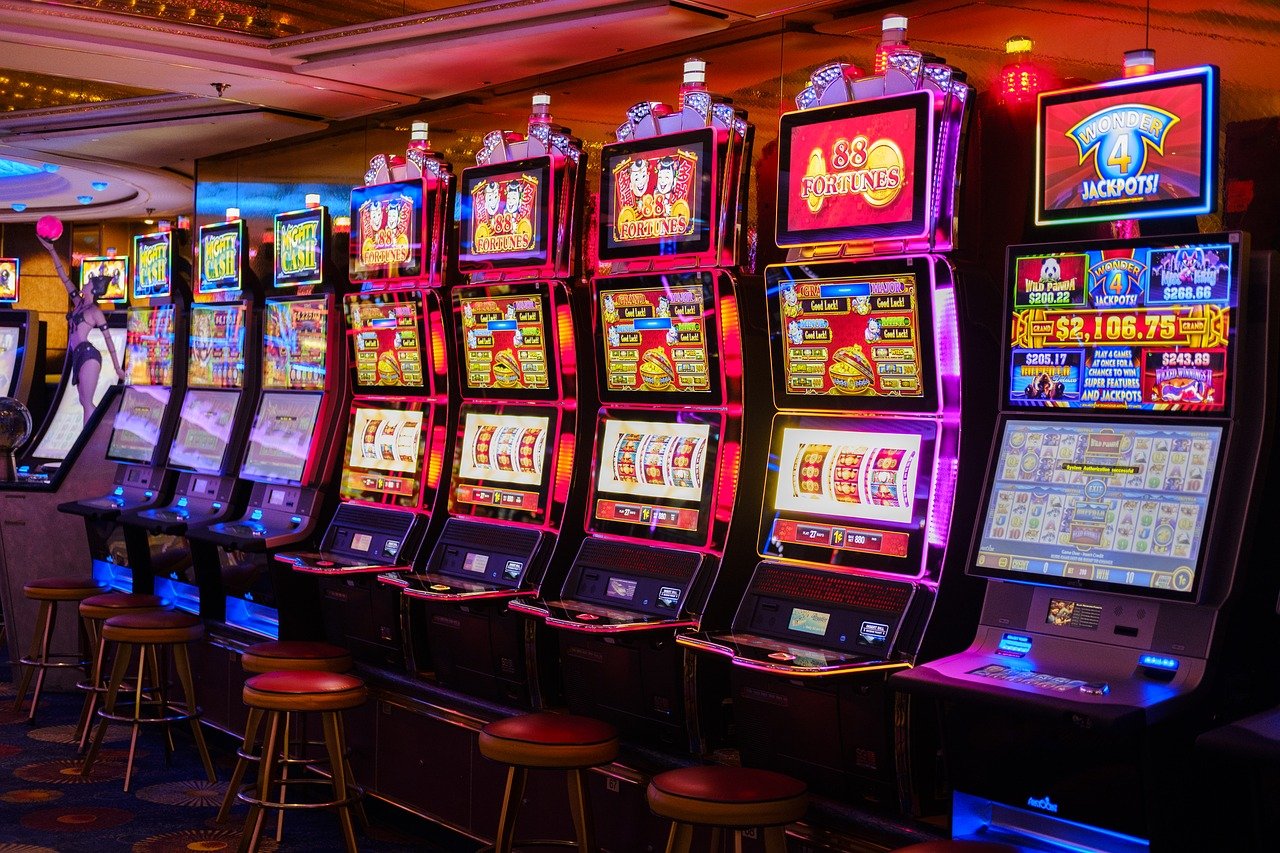US casino hits a new record

The recovery of the US land-based casino sector from the Covid period has been nothing short of phoenix-like.
As was confirmed by the data from the American Gaming Association (AGA) in its state of the industry report in mid-February, the commercial casino sector saw GGR rebound to $53bn in 2021, some 77% higher than in the year previous and 21.4% up on the pre-Covid 2019.
Of course, within those figures the headlines were stolen by the burgeoning sports-betting and igaming sub-sectors.

But land-based slots also enjoyed a banner year with GGR of $32.5bn up 67.7% on 2020 and 10% up on 2019 while table games GGR of $8.78bn were up 66.8% on 2020 and 1% on 2019.
Never had it so good
“These results are nothing short of remarkable,” said AGA president and CEO Bill Miller and indeed, anyone following what has been said by the casino operators during recent earnings call will know that over the past year, customer have returned to casinos in their droves.
Caesars Entertainment CEO Tom Reeg told analysts towards the end of February that Las Vegas demand trends in the further quarter, for instance, “remained strong”. Indeed, until the emergence of the disruption caused by the Omicron variant, the further quarter had been on track to break records.
At Wynn Resorts, meanwhile, new CEO Craig Billings was talking about “an absolute stunner” of a quarter in Las Vegas and “unbelievable” results at its Encore Boston Harbor property.
In fact, the story was repeated for all the Las Vegas Strip and regional operators. From MGM Resorts International to Red Rock Resorts, Boyd Gaming, Penn National and the rest the message was the same.
Gaming revenues were up across the board, but so were EBITDA margins. MGM, for instance, said that 16 of its 17 domestic properties achieved either all-time or fourth-quarter EBITDA records with 14 of them doing some with either all-time or fourth-quarter record margins.
As CFO Jonathan Halkyard said, the company had managed to improve its operational performance “while maintaining cost discipline against the backdrop of workforce and supply chain challenges”.
Similarly ebullient about the margins being achieved were Boyd Gaming where the CEO Kevin Smith said operating margins had improved by 640 basis points up on 2020 and fully 1,200 basis points better than 2019. For the full year, company-wide margins were 1,250 basis points better than in 2020.
The end of the buffet line
Whether this performance can be maintained is, of course, now the big question. The fatter margins are down to a number of factors, not all of which will continue into 2022. First, operators found it possible to cater of the returning audience without the same levels of staffing.
This makes sense. Having shutdown entirely, all reopened after the initial Covid shock in 2020 with less amenities open. Symbolically, in Las Vegas it meant the end of the hugely loss-leading all-you-can-eat buffets but there were also less events.
Moreover, with the older pre-Covid audience not returning in numbers, at least initially, it meant that the crowd that came back was, on the whole, younger and relatively new to the casino experience.
The good news for the sector is that, with the fading of Covid concerns, the business will be on the road to normality as of the end of the first quarter. This means that the older crowd will be returning and, with the Las Vegas Strip in particular, the return of group business and international travel.
It means, as Bank of America analysts have pointed out, that there is now “increased confidence” in margins going into 2022.
Show of confidence
The confidence about Las Vegas, in particular, is in evidence when it comes to recent M&A transactions.
The biggest of these is the sale of operational side of the Venetian properties, including its convention centre, to Apollo for $2.25bn with the real estate being picked up by the VICI REIT for $4bn.
MGM, meanwhile, has affected something of a switch, adding the Cosmopolitan to its portfolio for $1.65bn (with the real estate being sold separately for $4bn) while selling the Mirage to Hard Rock for $1.08bn.
These won’t be the last of the deals with Caesars Entertainment saying on its earnings call it will hope to sell an as-yet-unnamed property on the Strip for a price of around $2bn, with the proceeds going to help pay down debt.
The money involved in these transactions shows the extent of the optimism around the casino gaming sector right now, with the institutional involvement on the real estate side in particular showing the depth of the pockets of those looking to squeeze more from the sector.
Of course, for those with longer memories, the atmosphere surrounding the recovery of the sector bears a resemblance to the irrational exuberance that built up around gaming ahead of the Great Financial Crash.
But the market is in a different place this time around and debt levels are nowhere near those at the peak in the mid-2000s. The analysts at Deutsche Bank noted that Caesars’ upcoming sale would go towards paying down the circa $17bn of debt that the successor company still owes from the previous ownership debt debacle.
It is, as Miller said, a remarkable turnaround from the pandemic and is proof of the resilience of the sector. Now if it can show itself to be immune to the euphoria that often follows a recovery, it will truly show itself to be a reformed sector.
Scott Longley has been a journalist since the early noughties covering personal finance, sport and gambling. He has worked for a number of publications including Investment Week, Bloomberg Money, Football First, eGaming Review and Gambling Compliance.
